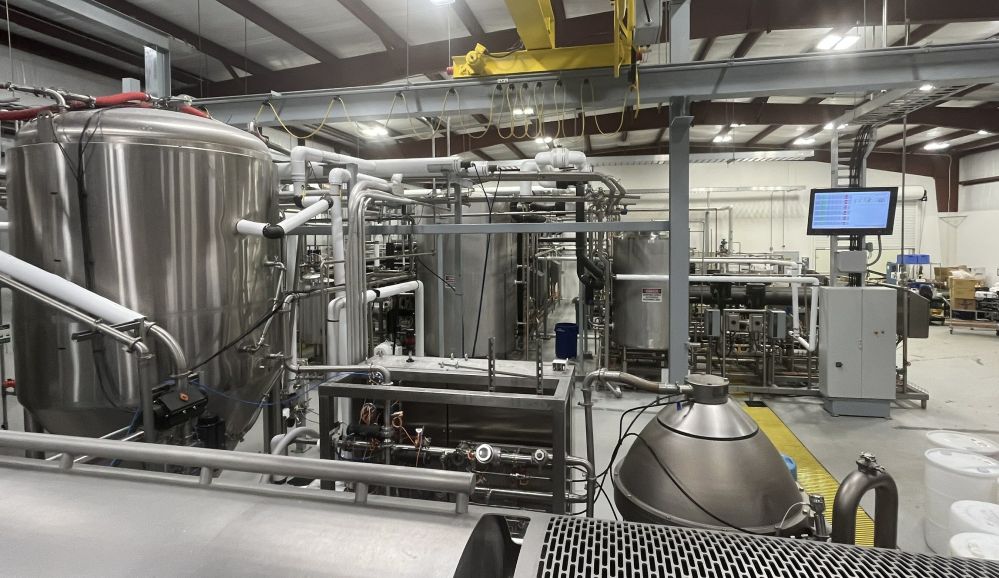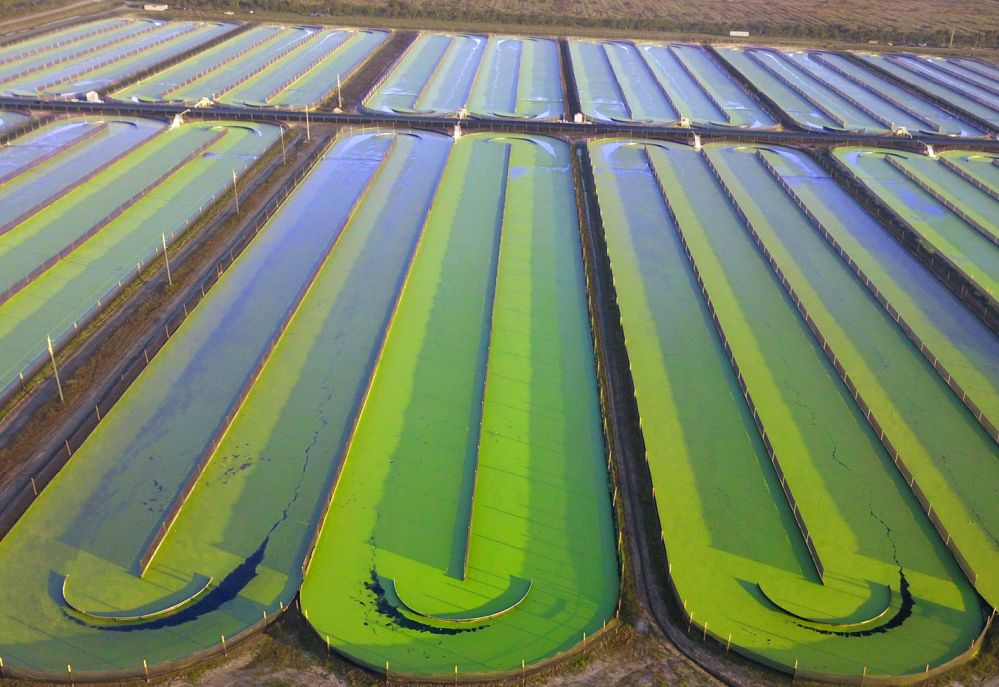Florida-based foodtech firm Lemnature AquaFarms—which produced proteins and fibers from fast-growing aquatic plant lemna (a.k.a. duckweed)—has filed for bankruptcy.
An online auction for the assets will be held on December 12, with bidding opening December 5 at SoldTiger.com.
The court-ordered bankruptcy sale features assets from production and R&D plants in Vero Beach and Fellsmere belonging to Lemnature AquaFarms, which was formerly known as Parabel.
Assets up for sale include lab equipment, large stainless-steel tanks, separators, centrifuges, water-filtering and processing units, which Lemnature used to process lemna, a free-floating aquatic plant it grew in large outdoor raceways all year round.
“Lemnature’s operations spanned more than 900 acres across the two Florida sites,” said Chad Farrell, managing director at Tiger Commercial & Industrial, which is hosting the auction. “Its main plant was built quite recently—in 2021—and a significant amount of the equipment available in this sale is in unused or like-new condition. The company spent over $14 million to build the plants.”
According to the Pacer court records site, Lemnature filed a voluntary petition for bankruptcy on September 12.
In an SEC filing from January 2023, the company said it had raised $12 million via a combination of debt financing and convertible notes due in 2024. An SEC filing from April shows it raised $7.8 million of a $30 million equity offering.
CEO Frank Jimenez, a seasoned Nestlé executive who took the helm in early 2021, told AgFunderNews: “The company has endeavored to raise a sufficient amount of capital to continue to advance its business. It was unable to do so, largely due to challenging capital markets, and therefore we determined that a Chapter 7 proceeding presented the best option to assure that the interests of the company’s creditors could be addressed in an equitable and transparent fashion.”

Multiple pivots
Founded in 2006 as PetroAlgae Inc, Lemnature AquaFarms originally targeted the biofuels market, before pivoting towards animal feed. In a press release announcing the change in name from PetroAlgae to Parabel in 2012, it said it had also started looking at human food ingredients, and by 2018, had secured a ‘no objections’ letter from the FDA affirming the GRAS (generally recognized as safe) status of its duckweed ingredients. It changed its name from Parabel to Lemnature AquaFarms in 2020.
While Parabel had been trying to develop more neutral-tasting/looking versions of lemna protein with a broader range of applications, one industry source told AgFunderNews that the company’s core 63% protein powder still had limited appeal: “The challenge they may have faced was not finding product-market fit with a large or relevant enough market.
“Their product was a distinctly green/vegetal, fibrous lemna protein powder which has a low degree of sophistication in its production process. That can help fill some needs in niche vegan markets, but the product lacked mainstream consumer appeal and applicability.
“It seemed they lacked the R&D know-how or intent to try to develop this product into a more neutral protein which could solve problems in more widespread markets such as egg-free baking, plant-based meat, dairy, and sports nutrition.”
Plantible: ‘Radical product differences from Lemnature’
Several startups have attempted to commercialize ingredients from duckweed, including Israeli firm Hinoman, Bay-area-based Fyto [AgFunder portfolio co], which is initially focusing on the animal feed market, and San Diego-based Plantible, which extracts a highly functional protein (RuBisCO – brand name ‘Rubi Protein’) from lemna, which has an attractive nutritional profile.
Other players in the space include UK-based DryGrow and Israeli startup Green Onyx, which is focusing on growing lemna as a fresh product in small-scale closed, sterile, compact machines. US-based Real Green Foods, meanwhile, is using fresh lemna as an ingredient in salad dressings.
Plantible cofounder and CEO Tony Martens Fekini told AgFunderNews that Plantible’s Rubi Protein is very different from the green lemna protein powders produced by Lemnature AquaFarms.
“We’ve engaged with commercial partners that underscore radical differences of Lemnature’s product from our own. Whereas Lemnature commercialized a green lemna biomass protein powder, Plantible produces a colorless, odorless RuBisCO protein isolate derived from lemna.”
He added: “The market’s response has been a night and day difference, underscoring what food companies want most—no compromise solutions that deliver high-fidelity taste, nutrition, price and accessibility—met with versatility, and unparalleled sustainability / inclusion attributes. We’re gleaning learning opportunities from Lemnature’s process and product response, while we continue to expand our own commercial production to meet existing demand for RuBisCO.”





